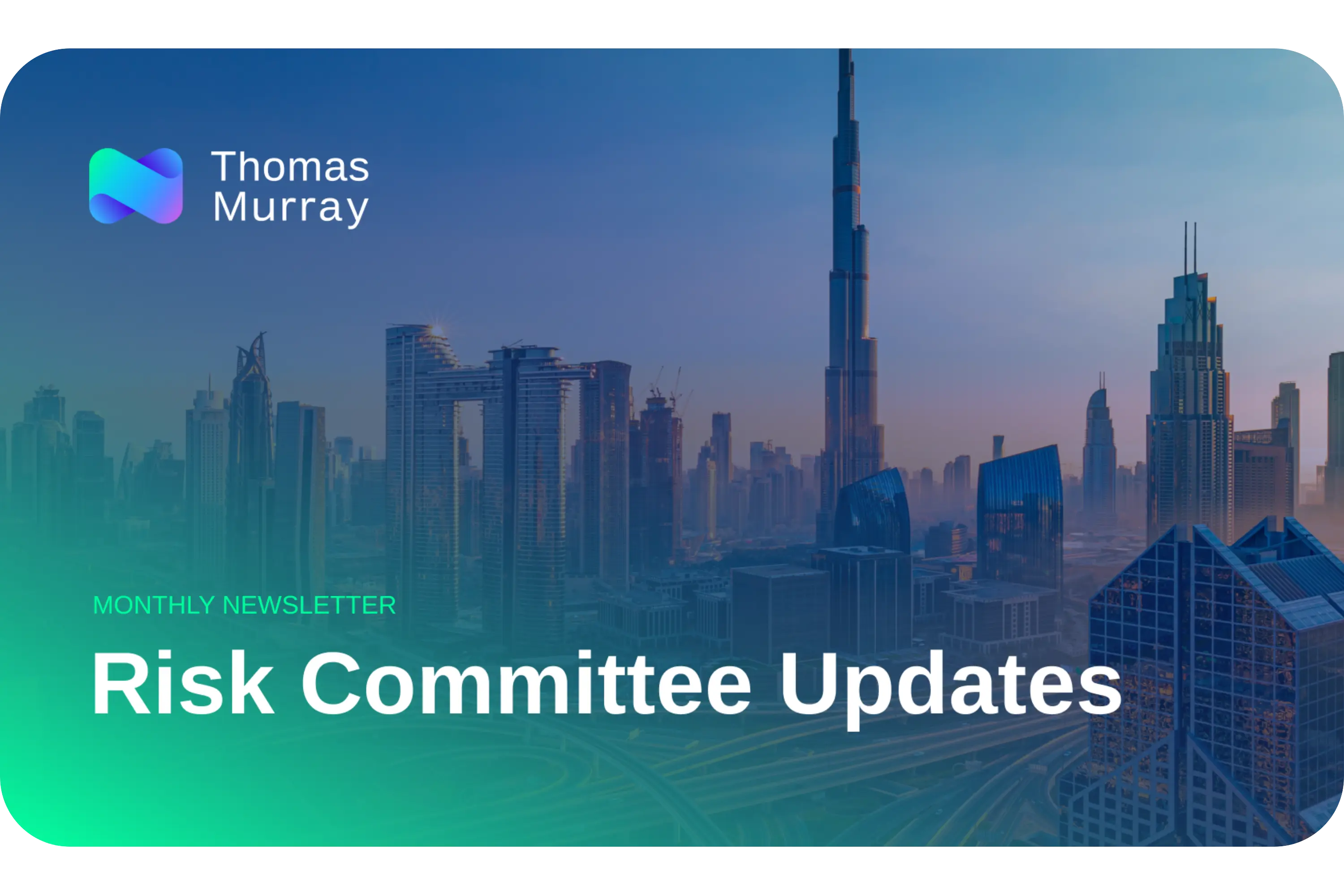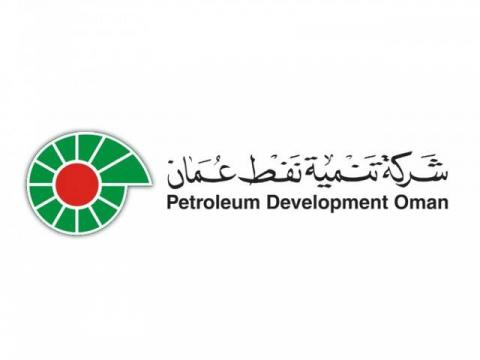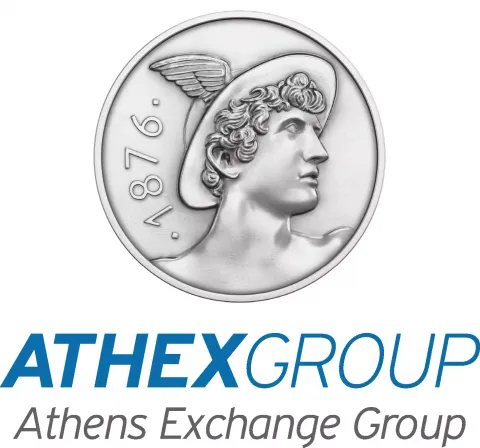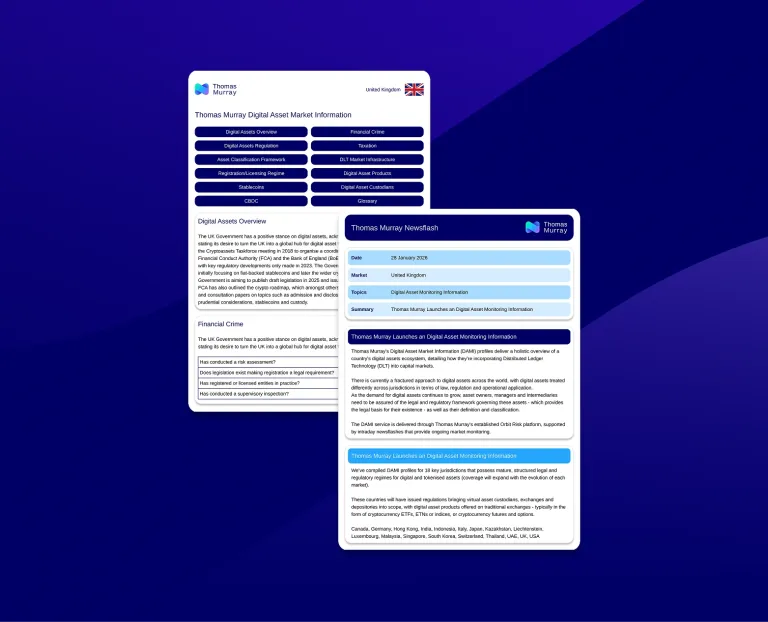Thomas Murray's Risk Committee convened to review several key markets, focusing on significant developments and proposed changes in risk assessments across multiple regions. This month we provide an overview of our findings and insights for Bangladesh, Ivory Coast and Ghana, USA, Kazakhstan, Bermuda and El Salvador.
For more regional insight, please contact: Ana Giraldo Chief Risk Officer and Director Americas agiraldo@thomasmurray.com who’ll be able to connect you with one of our experts.
Bangladesh
The Bangladesh market is experiencing economic and political instability, with a decline in net foreign portfolio investment, FX shortages, and mass protests. However, the FX situation is stabilising, and the government is working to improve the business environment. This instability has had a significant impact on local custodians, with the decline in net foreign portfolio investment and the illiquidity in the market affecting the banking sector. Both HSBC and Standard Chartered are undergoing internal restructuring, with changes to their organisational structures and leadership. Despite this, there have been no material changes to their operations, products, or services. Changes to the sub-custodian methodology, including the addition of new sections to the operational risk section, including cybersecurity policies and procedures and data protection, has resulted in a slight increase in operational risk scores for major custodian banks in the market.
The capital markets are also undergoing reforms such as the creation of a Central Counterparty (CCP) in Bangladesh, with draft regulations prepared and a target launch date of end-2025. This development is expected to have a significant impact on the market, alongside the introduction of new products and services, such as exchange-traded funds (ETFs) and real estate investment trusts (REITs).
The government bond market in Bangladesh is experiencing growth, with an increase in primary market activity and the introduction of new products. However, the market is still facing challenges, including low automation and lack of SWIFT usage by financial market infrastructures, which has delayed the implementation of T+1 settlement.
The key trends and takeaways from the latest developments in Bangladesh include the importance of monitoring and adapting to changes in the economic and political environment. The need for banks to invest in operational risk management and cybersecurity to mitigate potential risks is also evident. However, the challenges and opportunities presented by the creation of a CCP in Bangladesh must be carefully considered, and the ongoing impact of macro political and economic factors on the banking sector and the risk assessment changes in Bangladesh are continually assessed by Thomas Murray. Overall, the risk assessment changes in Bangladesh reflect the dynamic nature of the market and the need for ongoing monitoring and adaptation to changing circumstances.
Ivory Coast and Ghana
The Risk Committee discussed the latest developments in the Ivory Coast and Ghana, with a focus on the ongoing efforts to improve the settlement cycles, introduce new regulatory measures, and enhance cybersecurity and data protection. In the Ivory Coast, the transition to a T+2 settlement cycle is underway, although a confirmed date has not been set. Additionally, the introduction of late settlement penalties is expected by June 2025, and new scoring processes for segregated accounts are being introduced. The country is also making efforts to improve its anti-money laundering (AML) regulations as part of its efforts to exit the FATF Grey List. The economy has preformed well with GDP projected to grow at 6.3% in 2025, and inflation is within the target range. However, the decision by Burkina Faso, Mali, and Niger to leave ECOWAS in July 2025 may have implications for the region.
In Ghana, the delays in CSD system upgrades have been a concern, with the launch of the Montran system postponed to May 2025. The introduction of a SWIFT community pricing model and the demutualisation of the Ghana Stock Exchange (GSE) have been other key developments, although the latter has been postponed to Q3 2025. The limited trading volumes on the new GSE OTC market have also been a challenge, although the economy has recovered well post-COVID, and inflation is stabilising. The newly elected president has a strong parliamentary majority, and the IMF debt restructuring has been approved.
The recent effects of macro political and economic factors in both countries and market developments have had a significant impact on local custody providers. Our Risk Committee will be closely monitoring Standard Chartered’s African custody operations, given its exit from several African markets in recent years. Meanwhile, Société Générale’s difficulties in selling its operations in the Ivory Coast continues to raise concerns about its long-term commitment to the region.
United States
Despite the resolution of the debt ceiling crisis, the USA remains on watch. The new administration's control of the Senate reduces the risk of another debt ceiling crisis, but investor concerns over President Trump's policies remain a source of uncertainty. Recent market announcements and developments are affecting investor confidence, with the regulatory freeze implemented by the US government, effective from January 20, 2025, being a key factor. This freeze puts a hold on new or pending federal rules, altering the regulatory landscape and influencing the implementation of new rules and regulations.
Also, deregulation, a key aspect of the current administration's policies, may have significant implications for custodians and the overall financial landscape.
European and Swiss funds may have moved assets out of US custodians due to concerns about former President Trump's policies, impacting the country's risk profile. A due diligence visit is being conducted to confirm investor sentiment and reassess the USA's risk profile, evaluating potential risks and uncertainties that could impact investor confidence.
The decision to keep the USA's risk profile "on watch" reflects the need for a more in-depth assessment of the country's risk profile, with close monitoring and evaluation of the US market crucial in understanding the potential implications of the regulatory freeze and deregulation on investor confidence.
Kazakhstan
The risk committee reviewed certain risk factors for Kazakhstan, including liquidity and counterparty risks, with a view to revising their stability. Key areas under consideration include changes in the settlement cycle and the spin-off of the Central Counterparty (CCP) from the Stock Exchange. Following due diligence, it has been confirmed that there are no major issues with the settlement processes, which has led to a reevaluation of the liquidity and counterparty risks.
Meanwhile, the market outlook is expected to remain under scrutiny due to potential significant developments. One of the main factors influencing this outlook is the planned merger between two major stock exchanges, AIX (Astana International Exchange) and KASE (Kazakhstan Stock Exchange), which is slated for mid-2025. This merger, initiated by a presidential instruction, is still in the process of defining its structure and timeline. Recent macro political and economic factors in Kazakhstan are also being taken into account, as they may impact the country's risk profile. The ongoing monitoring of these factors is crucial in understanding the overall stability and risks associated with Kazakhstan and therefore, the outlook has remained On Watch.
Bermuda
Concerns over the Bermuda Stock Exchange (BSX) and the BSD's lack of transparency have prompted a reevaluation of Bermuda's CMIRA and BSD financial risk. Reports indicate consecutive financial losses for both, but limited official data contributes to uncertainty and raises concerns about their financial health.
Governance risk is also closely monitored due to ongoing disclosure concerns, impacting the Bermudian financial sector's overall risk assessment. This multifaceted transparency issue involves financial data availability, clarity, and timely disclosures on governance and operations, potentially eroding confidence.
Limited access to BSX and BSD financial data restricts thorough financial condition assessments. While parent company Miax has provided partial reports, the lack of audited statements hinders a comprehensive understanding, leading to a reevaluation of the financial risk outlook and the potential impact of sustained losses.
The combination of financial transparency and governance concerns has put both financial and governance risk under scrutiny. The evolution of these risks will be closely watched for their potential influence on Bermuda's financial sector's overall risk assessment. Ongoing monitoring is crucial for an accurate risk profile and financial system stability.
El Salvador
The operational risk assessment of El Salvador's CEDEVAL is under scrutiny, driven by the ongoing efforts to harmonise processes between CEDEVAL and the stock exchange. As these entities work to align their processes, operational risk is being closely monitored and is likely to be moved to an "on watch" status. However, the lack of a clear timeline for implementation has introduced uncertainty, making it challenging to accurately assess the potential risks and their impact on the overall risk profile of El Salvador's financial sector.
The harmonisation process, aimed at improving efficiency, involves the coordination of efforts between CEDEVAL and the stock exchange to standardise their procedures and systems. While the goal of this initiative is to enhance the overall functioning of the financial market, the specifics of the measures being implemented are not yet fully disclosed.
In light of these developments, operational risk has been moved to an "on watch" status, reflecting the need for continued monitoring and assessment as the situation evolves. The ongoing lack of clarity regarding the specific measures being implemented, coupled with the pending implementation of these changes, necessitates a careful and vigilant approach to risk management. As the harmonisation efforts progress and more information becomes available, the risk assessment will be refined to ensure that it accurately reflects the changing landscape of El Salvador's financial sector.


Risk Committee Updates
Stay informed with Thomas Murray for the latest on market dynamics and regulatory trends – subscribe to Risk Committee Updates on LinkedIn.
We safeguard clients and their communities

Petroleum Development Oman Pension Fund
“Thomas Murray has been a very valuable partner in the selection process of our new custodian for Petroleum Development Oman Pension Fund.”

ATHEX
"Thomas Murray now plays a key role in helping us to detect and remediate issues in our security posture, and to quantify ATHEX's security performance to our directors and customers."

Northern Trust
“Thomas Murray provides Northern Trust with a range of RFP products, services and technology, delivering an efficient and cost-effective solution that frees our network managers up to focus on higher Value activities.”
Insights

Why 72 hours is the New Standard for M&A Cyber Due Diligence
A decade ago, cyber due diligence sat somewhere between “nice to have” and “we’ll deal with it post-close.” That world no longer exists.

Thomas Murray Launches Digital Asset Market Information (DAMI)
Thomas Murray, a global leader in risk management, due diligence, and cybersecurity services, is proud to announce the launch of Digital Asset Market Information (DAMI).

Solving the "Scale Paradox": How to Automate Portfolio Oversight with Fewer People
In 2026, private equity technical teams are facing a "Scale Paradox": portfolios are growing in complexity, while in the internal teams responsible for operations and cybersecurity oversight, headcounts remain stagnant.

How Private Equity Hackers Choose Their Targets
Private equity firms sit at the intersection of high-value financial transactions, sensitive deal data, and an expanding portfolio of technology heavy portfolio companies – and it’s this combination that makes PE an attractive target for cyberthreat actors.

